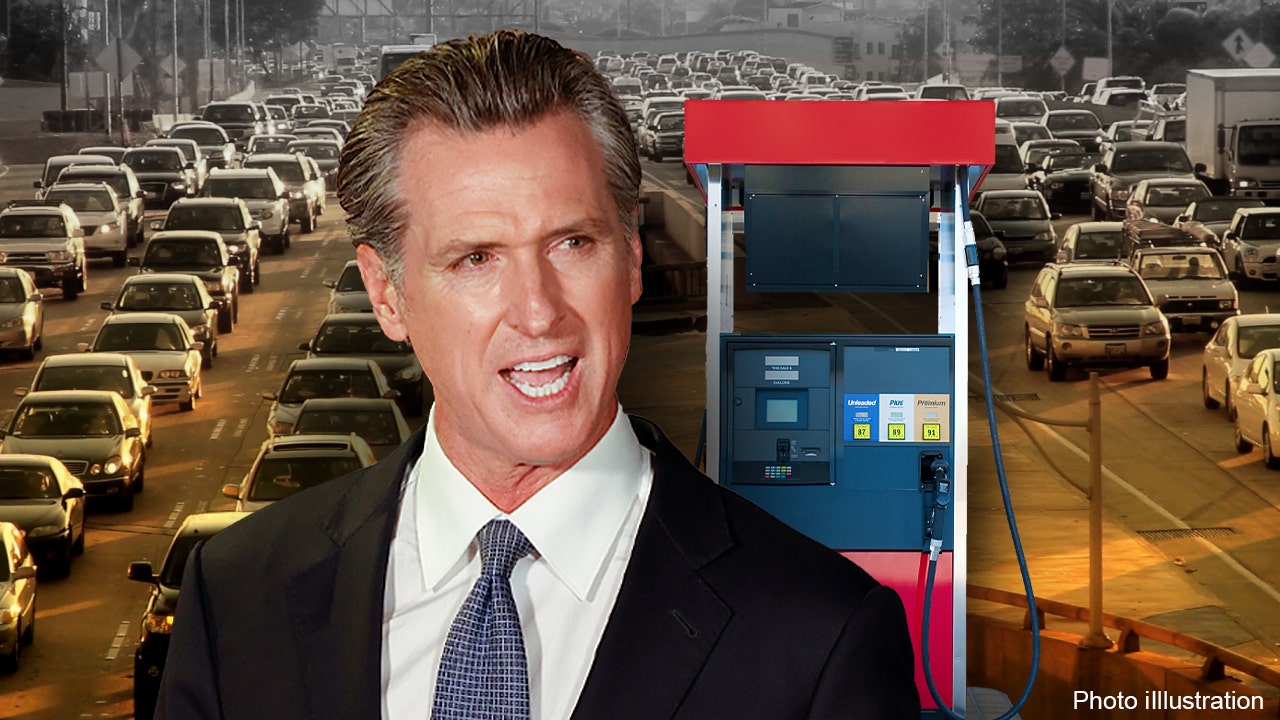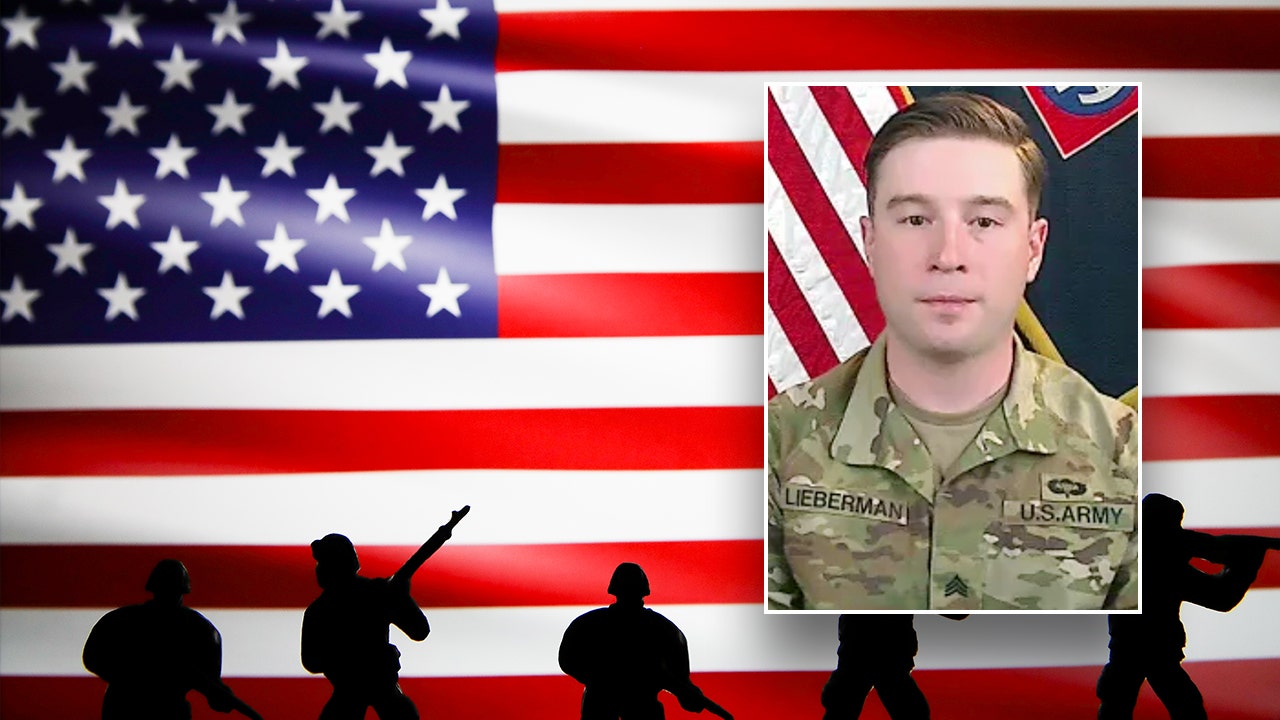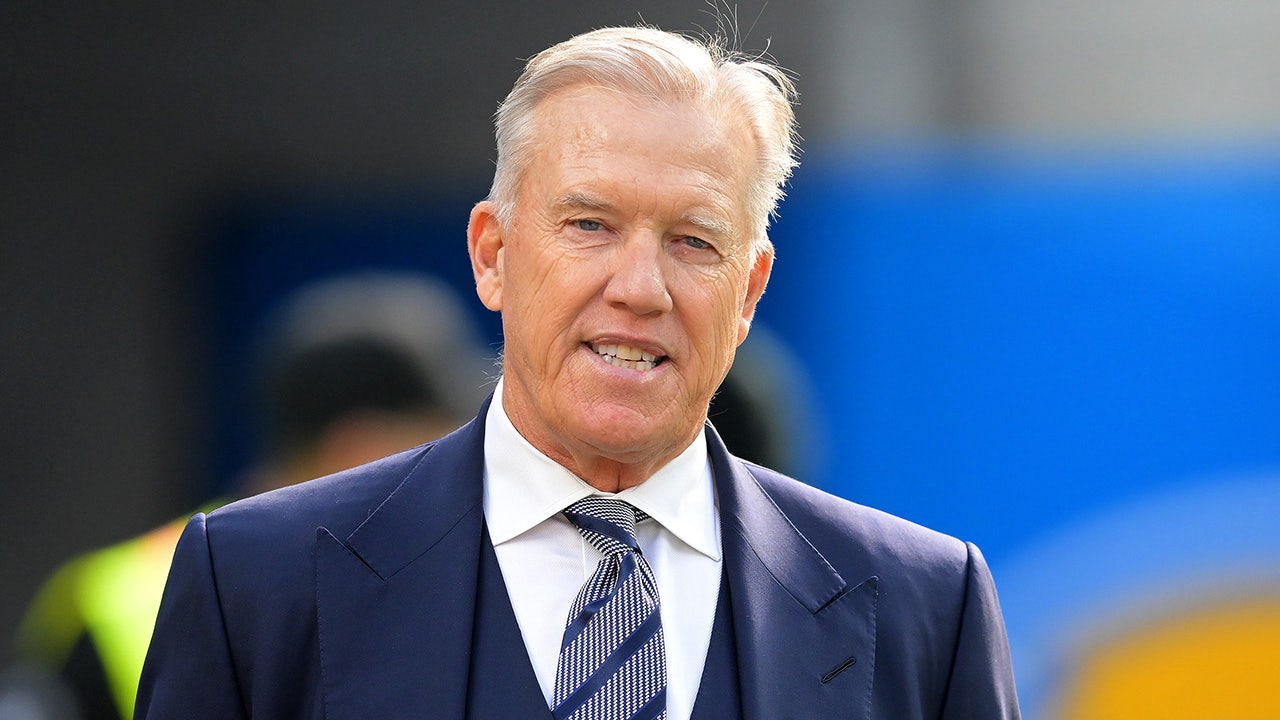Posted on Friday, April 18, 2025
|
by Kamden Mulder
|
3 Comments
|
Amid declining student outcomes and cratering parent confidence in the public education system as it exists today, a revival of classical education may be just what the country needs to again become the academic envy of the world. Thanks to a new database from the Heritage Foundation unveiled last week, a classical education could be more accessible to families than ever before.
News coverage throughout the first few months of President Donald Trump’s second term has been dominated by reactions to Department of Government Efficiency spending cuts and the administration’s efforts to rebalance global trade. But as impactful as these policies are, the president’s actions to make American education more responsive to the needs of parents and students, such as expanding school choice, targeting far-left ideologies in classrooms, and dismantling the federal Department of Education to return more power to states and localities, could end up having even more far-reaching consequences for American culture – and not a moment too soon.
According to a Gallup poll out earlier this year, Americans are more dissatisfied with public schools than ever before. That survey of 1,005 adults found that 73 percent said they are dissatisfied with “the quality of public education in the nation” – a record low for the poll, which Gallup has conducted since 2001. That figure includes a majority of Republicans and Democrats, with just 16 percent of Republicans and 30 percent of Democrats, respectively, saying they are satisfied with the quality of public education.
It’s easy to see why so many parents are frustrated. According to the most recent National Assessment of Educational Progress (NAEP), also known as “the nation’s report card,” 69 percent of fourth graders and 70 percent of eighth graders scored at or below “Basic” in reading – the worst performance ever for that cohort. Things aren’t much better when it comes to math; 25 percent of students did not reach the NAEP “Basic” level, meaning that “they likely cannot identify odd numbers or solve a problem using unit conversions.”
Public schools have also become magnets for political controversy, first through the proliferation of Critical Race Theory in classrooms and later through the spread of radical gender ideology. In Maine, for instance, state officials recently refused to follow Trump’s executive order banning boys from participating in girls’ sports. That spat has now led to the administration pulling $250 million in federal funding for K-12 schools in Maine.
Trump zeroed in on growing dissatisfaction with the public education system during his campaign last year, promising major reforms – including the eventual closure of the federal Department of Education. Trump also pledged to be a champion for homeschool families and outlined ten principles to create “great schools leading to great jobs.”
Public polling suggests that Trump’s expansion of school choice and local control over education are broadly popular. According to a January 2025 survey, “Eight out of ten voters (81 percent) agree that the U.S. should empower parents and prioritize individual students’ needs by providing greater access and more choices to ensure children receive the best education.”
With this cultural momentum behind them, Trump in office following through on his promises, and dozens of states moving to expand school choice, many conservatives believe the country may be at an education inflection point. The Classical Schools Database, which the Heritage Foundation released on April 10, is designed to meet that moment.
The database “features almost 900 schools from across the U.S. that are committed to offering a classical liberal arts education to their students.” Users can search and compare schools and use filters to find the option that is best for their family.
“Classical education is seeing a resurgence today, demonstrating that parents are looking for alternatives to assigned schools,” Jonathan Butcher, a senior research fellow in education policy for Heritage, told The Daily Caller. “We used to just use the word ‘education’ to describe what we now call ‘classical education’ because the skills of rhetoric, writing, and rigorous math have been lost in the traditional system. Given the poor academic results on national comparisons in reading and math among U.S. students, we need the new ‘classical’ education more than ever.”
Students who receive a classical education study the liberal arts, including the disciplines of mathematics, natural sciences, theology, philosophy, and rhetoric. A classical education aims at shaping the whole person, teaching students how to think, not what to think – a motto that has become increasingly popular among conservatives in recent years.
A classical education is also inherently American, as nearly every Founding Father was classically educated.
“The serious pursuit of a classical education shows us that the life of the mind and the existence of education itself depend on the existence of civilization – not to mention political order, security, and freedom of thought,” according to Hillsdale College’s K-12 Education program. “A thoughtful study of history shows us how difficult these goods are to achieve, gives us an appreciation for how rare and precious our own American circumstances are – and shows us how important it is to preserve them.”
By promoting and expanding access to classical education schools, future generations of Americans will have the opportunity to learn the core tenets of republicanism, self-government, and moral virtue. The Heritage Foundation’s database, Trump’s reforms, and growing parental disillusionment with the failures of public schools are all signs that the country could be on the cusp of a great education revolution.
Kamden Mulder is a senior at Hillsdale College pursuing a degree in American Studies and Journalism. You can follow her on X @kamdenmulder_.
Read the full article here










